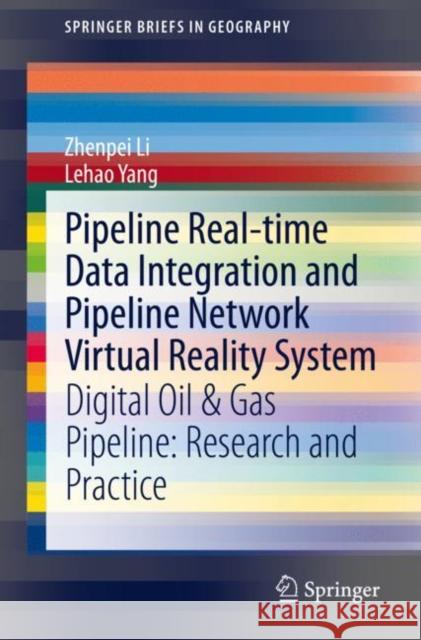Pipeline Real-Time Data Integration and Pipeline Network Virtual Reality System: Digital Oil & Gas Pipeline: Research and Practice » książka
topmenu
Pipeline Real-Time Data Integration and Pipeline Network Virtual Reality System: Digital Oil & Gas Pipeline: Research and Practice
ISBN-13: 9783030621094 / Angielski / Miękka / 2021 / 88 str.
Pipeline Real-Time Data Integration and Pipeline Network Virtual Reality System: Digital Oil & Gas Pipeline: Research and Practice
ISBN-13: 9783030621094 / Angielski / Miękka / 2021 / 88 str.
cena 201,24
(netto: 191,66 VAT: 5%)
Najniższa cena z 30 dni: 192,74
(netto: 191,66 VAT: 5%)
Najniższa cena z 30 dni: 192,74
Termin realizacji zamówienia:
ok. 16-18 dni roboczych.
ok. 16-18 dni roboczych.
Darmowa dostawa!
Kategorie:
Kategorie BISAC:
Wydawca:
Springer
Seria wydawnicza:
Język:
Angielski
ISBN-13:
9783030621094
Rok wydania:
2021
Wydanie:
2021
Numer serii:
000465985
Ilość stron:
88
Waga:
0.14 kg
Wymiary:
23.37 x 19.56 x 0.25
Oprawa:
Miękka
Wolumenów:
01











